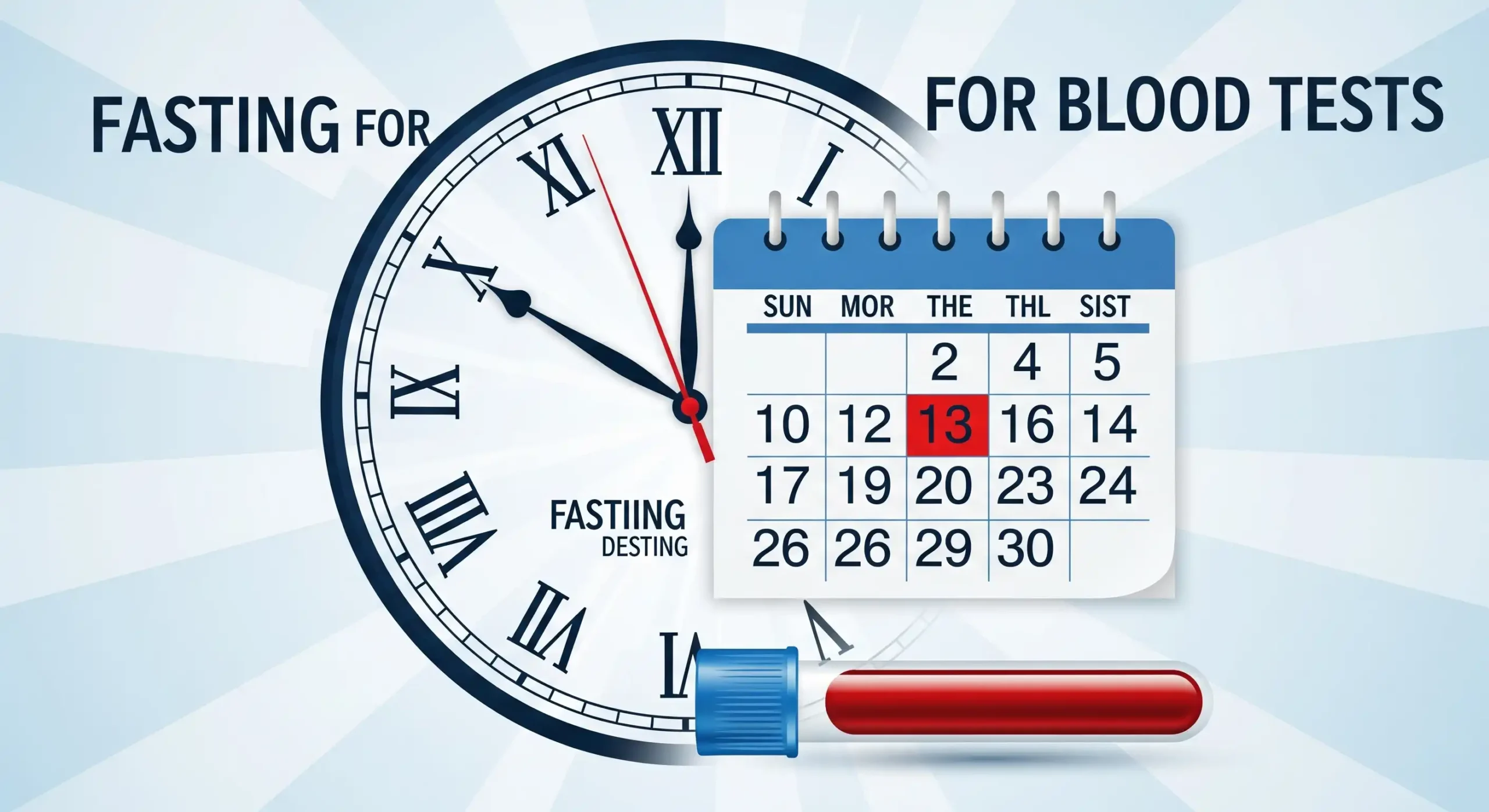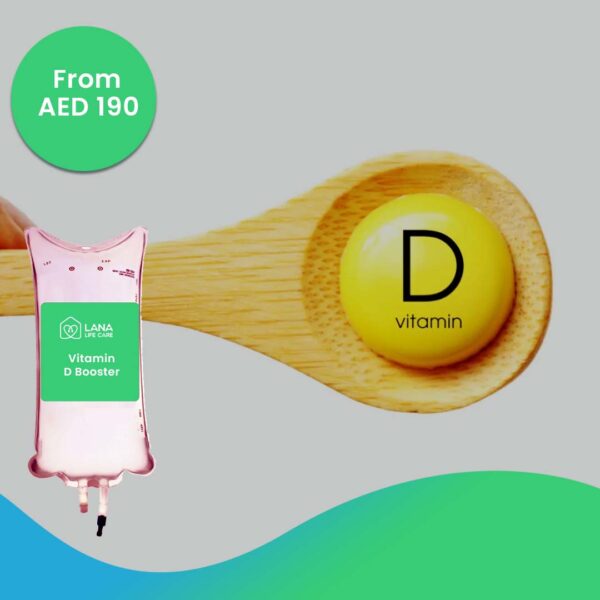
When your doctor orders a blood test, you may be asked to fast beforehand. But what does fasting for blood test really mean, and how many hours of fasting for a blood test are actually required? Proper fasting plays a critical role in ensuring accurate blood work results. Understanding the correct fasting rules helps you avoid mistakes, reduce stress, and obtain reliable readings that accurately reflect your actual health condition.
The required fasting hours for a blood test depend on the type of blood work ordered. In most cases, fasting for blood test lasts between 8 to 12 hours. This fasting period ensures that food, drinks, and metabolic activity do not interfere with blood measurements such as glucose and lipid levels.
Lipid panel (cholesterol and triglycerides) – 9 to 12 hours
Blood glucose tests – 8 to 10 hours
Metabolic panels – 8 to 12 hours
If you are unsure how long to fast before a blood test, always confirm with your doctor or laboratory.
Fasting for blood work means no food or beverages except plain water during the fasting window. Fasting is not limited to skipping meals only. You should also avoid:
Chewing gum
Smoking
Strenuous physical activity
These actions can temporarily affect blood chemistry and compromise fasting blood test accuracy.
Eating or drinking before blood work causes nutrients, fats, and sugars to enter your bloodstream. This can lead to falsely elevated glucose or triglyceride levels. Fasting for blood test allows your body to return to a stable baseline, helping your doctor interpret your results correctly and avoid misdiagnosis or unnecessary follow-up testing.
The length of time you need to fast before a blood test depends on the specific test your doctor has ordered. For most common blood tests, the standard is typically between 8 to 12 hours. It is always best to confirm the exact fasting requirements with your doctor or the laboratory staff to ensure your results are accurate.
Proper fasting for blood test means:
Drinking only water
Avoiding coffee, tea, juice, or flavored drinks
No supplements unless approved by your doctor
Even calorie-free drinks like black coffee can interfere with fasting blood test results.
If fasting is broken, inform the lab staff immediately. In most cases, your test will need to be rescheduled. While inconvenient, repeating the test is far better than relying on inaccurate blood work results caused by improper fasting.
You can eat and drink normally immediately after the blood sample is taken. Bringing a light snack is recommended, especially for individuals with diabetes or those prone to dizziness after fasting for blood test.
It’s not only acceptable but recommended to drink plain water right up until the time of your blood test. Staying hydrated is a key part of the fasting process. Drinking a glass or two of water in the couple of hours before your appointment can make it easier for the technician to find a vein and draw your blood. This helps prevent a number of issues, including feeling lightheaded or dehydrated during the blood collection process.
Fasting for a blood test is a straightforward process, but a few simple tips can make it much easier and more comfortable. Following these key suggestions will not only help you prepare properly but also ensure that your test day goes smoothly.
One of the easiest ways to manage your fast is to schedule your blood test for the early morning. This allows you to do the majority of your fasting overnight while you’re asleep, minimizing the amount of time you spend awake without food. An early morning appointment also means you can eat and drink normally much sooner.
While you’re not allowed to have any food or other beverages, it’s essential to drink plain water throughout your fast. Staying hydrated helps maintain your blood volume, making it easier for the phlebotomist to find a vein and draw your blood. It can also help prevent you from feeling dizzy or lightheaded, especially if you have a condition like diabetes.
If you have any doubts about how many hours fasting for blood test are required, or if you should continue taking a specific medication, do not guess. Always confirm the exact instructions with your doctor or the lab performing the test. Following their precise advice is the most important step to ensure your results are reliable and accurate.
Make sure to bring a snack and a drink with you to your appointment. As soon as your blood has been drawn, you can eat and drink to help stabilize your blood sugar and re-energize your body. Having a planned snack ready will make the end of your fast much more comfortable.
Get accurate blood work results without leaving your home. Lana Life Care offers professional at-home blood testing in Dubai with certified specialists and flexible scheduling.
The short answer is no. This includes all other beverages, even those without calories like diet soda or flavored water. The only thing you should consume is plain, still water.
Unfortunately, no. While black coffee doesn’t contain sugar, it does have compounds that can affect your metabolism and alter your test results. It’s best to avoid it to ensure accuracy.
For most routine blood tests, you should continue taking your prescribed medications as you normally would. However, it’s absolutely crucial to check with your doctor or pharmacist beforehand to confirm if any of your specific medicines should be handled differently. Never stop taking a medication without their explicit advice.
Fasting times vary. While some tests, like a lipid panel, may require 12 hours, others only need 8. Always confirm the exact duration with your doctor or the lab performing the test to ensure accuracy.
You can and should drink plain water. It’s important to stay hydrated as it helps make the blood draw easier. However, you must avoid all other beverages, including coffee, tea, and juice.
Common tests that require fasting include blood glucose tests (for diabetes), lipid panels (for cholesterol and triglycerides), and some metabolic panels. Always ask your doctor, as not all blood work requires it.
If you break your fast, you must inform the lab. They will likely advise you to reschedule the test to ensure the results are accurate. It’s better to reschedule than to get a false reading.
Not always. Some tests require 12 hours, while others need only 8. Always follow your doctor’s instructions.
What blood tests require fasting?
Blood glucose tests, lipid panels, and some metabolic tests typically require fasting.




WhatsApp us